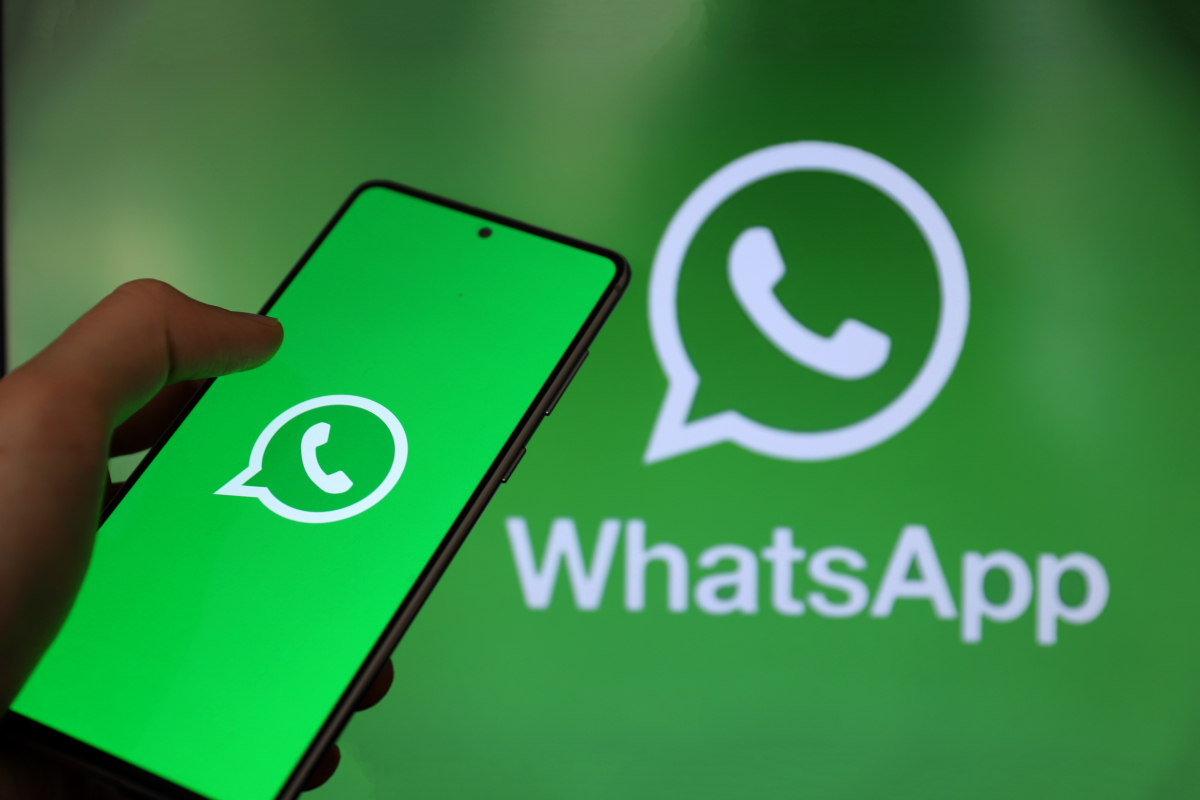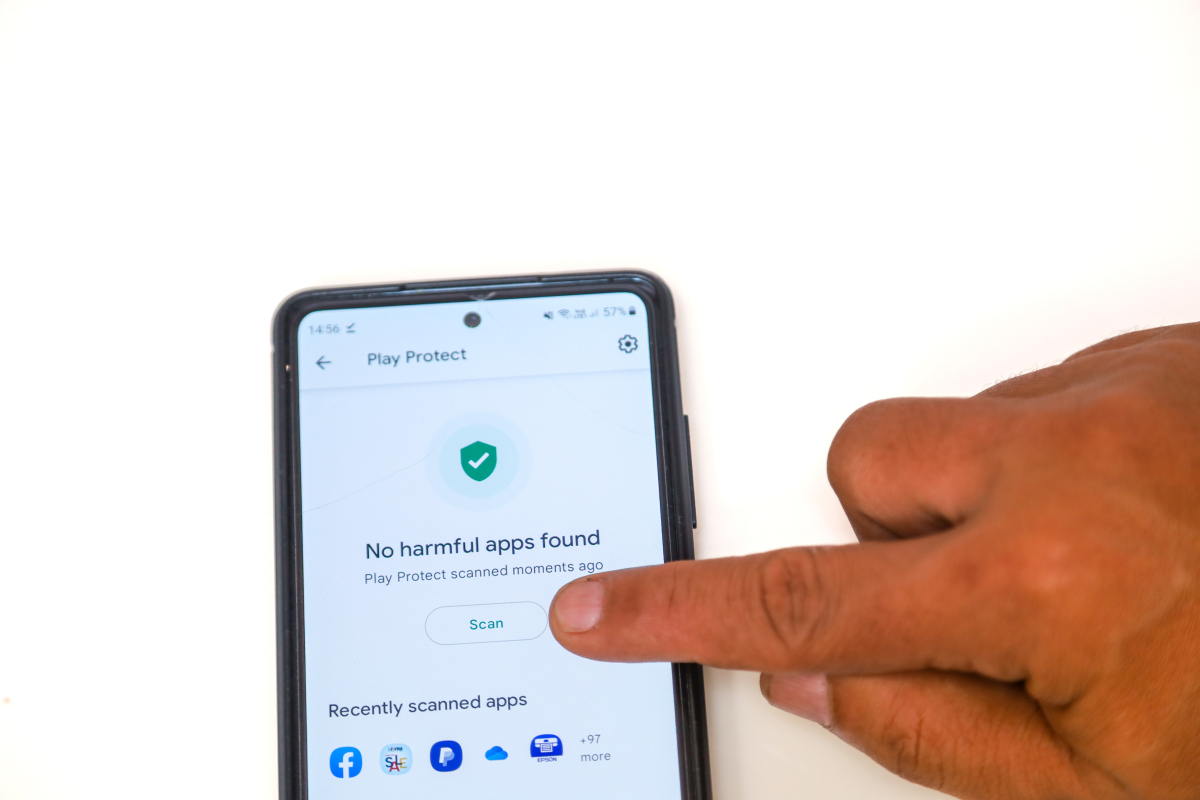#apps
#Duck-Duck-Go
Bei mir werden seit einiger Zeit (vorletztes UD?) keine blockierten #Trackingversuche mehr angezeigt.
Hmmm, ich glaube ja nicht, dass alle #Apps nun Trackerbefreit sind.
Jemand einen Hinweis?
The future geneartion ...
#meme #youth #generation #future #apps #software #media #socialMedia #smartphone #mobile #problem #education #internet #online #Criticism #capitalism #economy #children

Donald Trump’s Absolutely Baffling Claim About ‘Phone Apps’ Raises New Questions
Speaking in Wisconsin on Saturday, Trump claimed that Vice President Kamala Harris has an app that allows a “virtually unlimited” number of migrants to enter the country.
“They have a phone app, so the people can come into our country,” Trump said over the weekend. “These are smart immigrants, I guess, because most people don’t have any idea what the hell a phone app is. But they do, these are very intelligent immigrants.”
Brain…gone.
https://www.huffpost.com/entry/trump-phone-apps_n_66fa4cb1e4b06bc72dbb7a9a
#trump #apps #immigrants
Map Chart.
Si vous avez besoin de créer des cartes (créer une carte personnalisée pour un projet scolaire/universitaire, une présentation professionnelle, un prochain article de blog, etc).
L'utilisation est gratuite (mais on peut les soutenir), et Map Chart soumis à une licence internationale Creative Commons Attribution-ShareAlike 4.0 (CC BY-SA 4.0).











